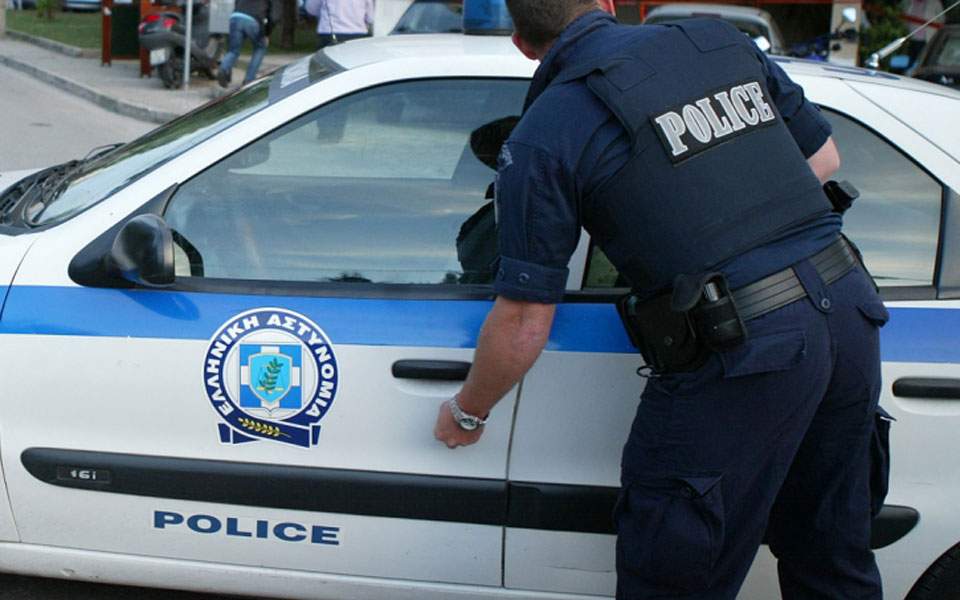Megan Hall: Welcome to Possibly, where we take on huge problems like the future of our planet and break them down into small questions with unexpected answers. I’m Megan Hall.
We’ve all heard about how food waste is a problem and there are a lot of apps that try to prevent leftovers from ending up in the trash. But how do they work? And do they really cut down on food waste?
We had Sedi-Anne Blachford and Iman Khanbhai from our Possibly Team look into this.
Sedi-Anne Blachford: Hi, Megan!
Iman Khanbai: Hello!
Megan Hall: So first off, can you explain what these apps do?
Sedi-Anne Blachford: Well there are a handful of them out there, and they’re all a little different, but the idea is, if you use the app, you can find discounts on food that restaurants, grocery stores, or cafes would otherwise be throwing away.
Megan Hall: So, like if a bakery has day-old bread, you can buy it for less money?
Iman Khanbai: Exactly – but it could be anything. Vegetables, donuts, burritos… the list goes on.
Megan Hall: Cool. Sounds great.
Sedi-Anne Blachford: It certainly sounds like it, but we wanted to investigate to find out if it’s as good as it seems, so we called in an expert:
Tamar Makov: My name is Tamar Makov. I’m a professor of circular economy at Ben-Gurion University, and my training is in industrial ecology.
Iman Khanbai: Tamar studies how digital tools like apps affect people’s consumption and behavior, and how that impacts the environment.
Sedi-Anne Blachford: She’s used her background to research a whole range of apps related to food waste, and one of her big takeaways is that we aren’t always great at predicting what is gonna be sustainable.
Tamar Makov: Oftentimes our intuition about what’s going to be more sustainable, just aren’t that good. You know what I mean? Like I know my intuition is very bad.
Iman Khanbai: And this can be the case for food sharing apps too.
Tamar Makov: Intuitively, seems like it would be more environmental in practice. However, it’s a bit more complicated than that, because once we transition from one system of provisioning to another system, then also our behavior changes.
Megan Hall: What kind of behavior change is she talking about?
Sedi-Anne Blachford: Well for these apps, part of the question is how people spend the money that they save from buying discounted food.
Tamar Makov: If I save, you know, $300 a month by being on this food waste exchange platform, And then if I choose to buy a ticket to LA from Boston, then that probably offsets most of the benefits of reducing food waste.
Iman Khanbai: In other words, sometimes making things more efficient can actually increase, not decrease, overall consumption. Economists call this the “rebound effect.”
Tamar Makov: Because I can just afford to buy more, right?
Sedi-Anne Blachford: To see how the rebound effect shows up in food sharing apps, Tamar and her team looked at hundreds of thousands of listings on a peer-to-peer food sharing app.
Iman Khanbai: Then they estimated how much money users saved.
Sedi-Anne Blachford: And analyzed the data for different re-spending scenarios based on things like income level and location.
Iman Khanbai: They found that, depending on the specific scenario, re-spending from food sharing apps could lead to significant environmental rebound effects for carbon emissions, water consumption, and land use.
Megan Hall: What kinds of other things were people buying with that extra money?
Sedi-Anne Blachford: Well part of the problem is that it’s hard to know exactly. It could be spent on things like new clothing, recreation, or buying more food.
Megan Hall: So should we still be using these apps?
Sedi-Anne Blachford: Well Tamar says:
Tamar Makov: Definitely.
Iman Khanbai: Afterall, food sharing apps can prevent food from ending up in landfills, and less food in the landfill helps reduce greenhouse gas emissions.
Sedi-Anne Blachford: Plus, they can help people save money on food, which is never a bad thing.
Iman Khanbai: But as Tamar says,
Tamar Makov: It’s definitely not a silver bullet and we need a lot of other solutions at the system level, rather than the individual level, to change things.
Sedi-Anne Blachford: And at the end of the day, experts agree that
Tamar Makov: The best solution is reduce.
Megan Hall: So when we’re talking about food waste, the best thing is to buy less food in the first place. But then these apps can help too.
Iman Khanbai: That’s exactly it.
Sedi-Anne Blachford: As long as you’re not using your savings on pastries to buy plane tickets.
Megan Hall: Great! Thanks, Sedi-Anne and Iman!
That’s it for today. You can find more information, or ask a question about the way your choices affect our planet, at askpossibly.org. You can also subscribe to Possibly wherever you get your podcasts or follow us on Instagram, Facebook, LinkedIn, or Bluesky at “askpossibly”
Possibly is a co-production of Brown University’s Institute for Environment and Society, Brown’s Climate Solutions Initiative, and the Public’s Radio.


